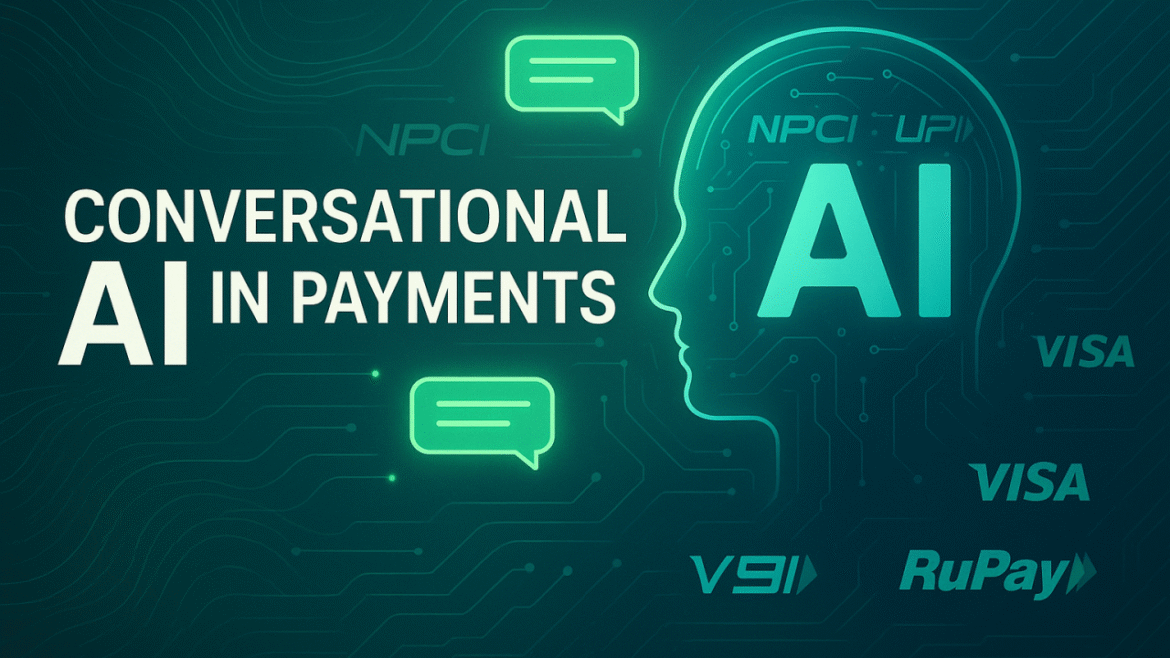In the financial services and collections industry, effective communication with customers plays a pivotal role in resolving outstanding accounts. Traditionally, payment arrangement negotiations have relied heavily on phone calls, mailed notices, and manual discussions with agents. While these methods remain in use, they often fall short in terms of efficiency, accessibility, and customer experience. This is where conversational AI is transforming the landscape.
With the integration of conversational AI for payment arrangements, organizations can now provide seamless, personalized, and round-the-clock communication that improves recovery rates while enhancing customer satisfaction. By leveraging advanced artificial intelligence, companies are creating solutions that not only streamline collections but also empower consumers to manage debt in a more comfortable and transparent way.
Why Conversational AI Matters in Collections
Conversational AI is designed to replicate human-like conversations through chatbots, voice assistants, and messaging systems. For payment arrangement negotiations, this means providing consumers with immediate access to solutions without the frustration of waiting for an available agent. It creates a user-friendly environment where customers can ask questions, explore repayment options, and finalize arrangements within minutes.
This shift is particularly significant in today’s fast-paced, digital-first world where consumers expect instant communication and self-service options. Conversational AI bridges that gap, reducing friction in the negotiation process while maintaining compliance and accuracy.
Key Benefits of Conversational AI in Payment Arrangements
The adoption of conversational AI offers several advantages for both organizations and consumers:
- 24/7 Availability: Consumers can interact with the system at their convenience, regardless of time zones or business hours.
- Scalability: AI-driven systems can handle thousands of simultaneous conversations, far beyond the capacity of human agents.
- Personalization: Machine learning enables tailored payment options based on consumer history, preferences, and ability to pay.
- Cost Efficiency: Reduces the reliance on large call center teams, lowering operational costs while increasing efficiency.
- Regulatory Compliance: Built-in compliance rules ensure that conversations adhere to relevant laws and regulations.
Enhancing the Customer Experience
One of the most compelling aspects of conversational AI is its ability to provide a positive, empathetic experience for consumers. Rather than dealing with intimidating or stressful collection calls, customers can communicate in a comfortable and non-judgmental setting. This approach promotes collaboration instead of confrontation, encouraging consumers to take proactive steps toward repayment.
Additionally, the conversational format allows customers to better understand their repayment options, ask clarifying questions, and confirm arrangements in real-time. This transparency fosters trust and increases the likelihood of successful repayment.
The Role of AI in Negotiation Flexibility
Traditional negotiations often involve back-and-forth discussions, which can be time-consuming and lead to customer frustration. Conversational AI can simplify this by presenting flexible repayment options upfront. Based on data analysis, the system can suggest payment plans that balance consumer affordability with the organization’s recovery goals.
For example, AI tools can instantly adjust repayment terms if a customer cannot meet the initial offer, eliminating delays and making the negotiation process smoother. This agility improves outcomes for both parties.
Preparing for the Future
As conversational AI continues to evolve, its role in payment arrangement negotiations will expand further. Future applications may include predictive analytics that anticipate consumer needs, multilingual capabilities to reach broader audiences, and deeper integrations with digital wallets and payment gateways. These advancements will create a more streamlined, customer-centric collections environment.
Organizations that embrace conversational AI now will be well-positioned to stay ahead of industry changes. By providing efficient, compliant, and empathetic payment negotiation solutions, they not only improve recovery but also strengthen long-term customer relationships.
Conclusion
Conversational AI is redefining how payment arrangements are negotiated, offering scalability, convenience, and personalization that traditional methods cannot match. By adopting these technologies, businesses can meet consumer expectations for faster, friendlier, and more flexible solutions while ensuring compliance and efficiency. Ultimately, conversational AI marks the future of collections, turning once stressful interactions into opportunities for collaboration and resolution.
